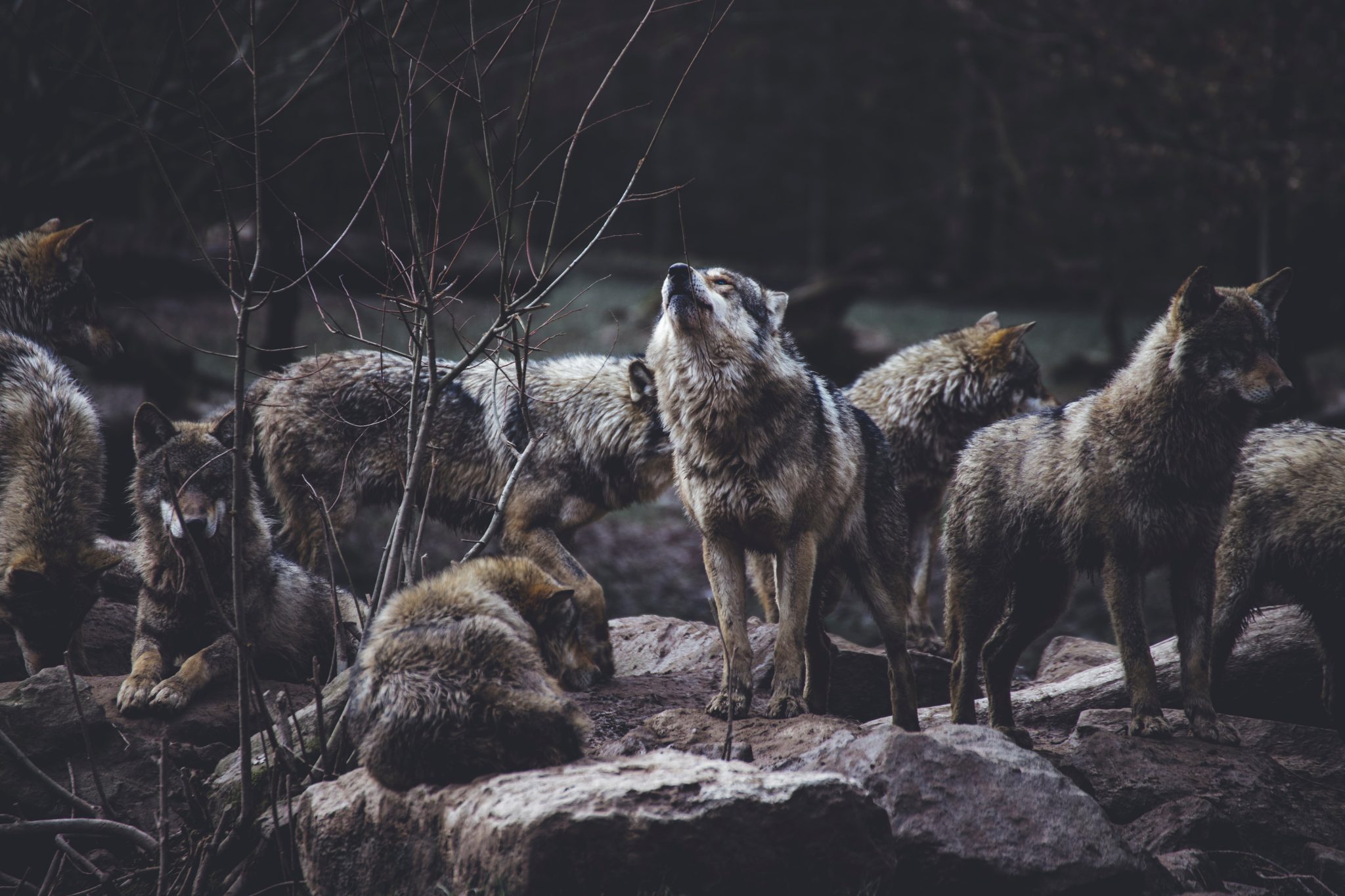This Parasite Can Transform Wolves Into Pack Leaders

A study of over 200 wolves in North America found that infected wolves were more likely to take charge of their pack than their healthy counterparts. A higher percentage of infected animals will also abandon their social groups and strike out on their own.
Toxoplasma gondii parasites have evolved a mechanism that increases their survival rate by making their hosts overconfident. Sexual reproduction in T. gondii requires the parasite to enter the body of a cat, which typically happens when the host is eaten by a cat. If the parasite influences the host to act recklessly, that outcome becomes more likely. Although studies have found conflicting results, infection is commonly associated with less fear of cats and more exploratory behavior in rodents. Humans exhibit both physiological and behavioral changes, including elevated testosterone and dopamine levels and an increase in risk-taking behavior.
It is possible for warm-blooded mammals to contract T. gondii by eating an infected animal or by ingesting T. gondii forms shed in the feces of infected cats. Following an acute infection, cysts form in the host’s muscle and brain tissue and remain there in a dormant state for the rest of the host’s life. Some estimates place the number of chronically infected people at one-third of the global population.
The researchers studied 256 blood samples from 229 wolves that had been tracked and monitored for their entire lives, with information on each animal’s social and familial relationships meticulously recorded. They discovered that infected wolves are 46 times more likely to become pack leaders, and that these dominant individuals are the only ones in the pack that breed.
The team plans to continue investigating the potential positive effects of infection on wolves’ reproductive success and the potential negative effects of high or low rates of infection on ecosystems. T. gondii infection in wolves may encourage more dispersal, leading to a larger population spread across a landscape. Packs led by leaders who are aggressive and willing to take risks may be more likely to encounter cougars and therefore expose more of their members to disease.
0 comments